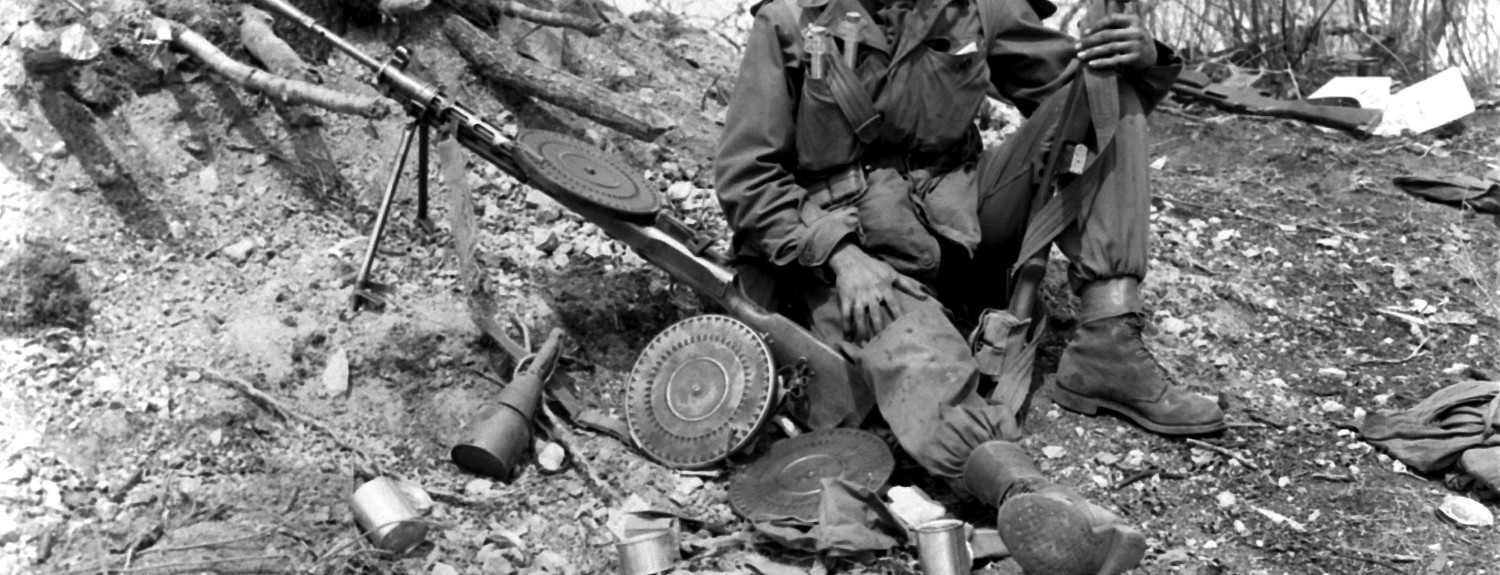Thanks to poor relations between North Korea and the United States, the remains of 5,300 missing U.S. troops are left stranded in a hostile country.
From 1996 and 2005, the U.S. and North Korea led joint searches for the remains of Americans who went missing in action during the Korean War. During this brief collaboration, search teams conducted 33 operations and recovered 229 sets of American remains.
The program was squashed when the U.S. military began to fear for the safety of American researchers. Attempts to restart the search effort stalled in 2011 after North Korea launched a ballistic missile.
To say that relations went downhill would be an understatement. With every rocket launch, outlandish threat and unlawful imprisonment, North Korea has poured more fuel on the fire destroying any shred of diplomacy left between the two nations. Like it or not, those bones aren’t coming back without some diplomatic miracle.
The Associated Press obtained special permission to visit North Korea and research this story. With a People’s Army escort, reporters saw firsthand how American remains were dug up and reburied by North Korean villagers.
It’s impossible to judge the veracity of remains simply by looking at them. Only expert eyes and a long and difficult forensic identification process can do that. There were no dogtags, unit insignia or other identification clues mixed in with the remains seen by The AP.
Villagers acknowledged the remains were gathered haphazardly as construction progressed. It is quite possible, they said, the remains could include animal bones or the remains of combatants from other countries.
Korean War veteran Larry Kinard told the AP that he felt it was a “travesty” that the bones of 5,300 missing U.S. troops are trapped so far from home.
“Approximately 5,300 of our comrades still lie in the ground in North Korea and little or no effort is currently underway to recover them,” he said. “The KWVA members, who average nearly 85 years old, want to see their fellow brothers-in-arms found, identified, brought home, and laid to rest in our country.”




































